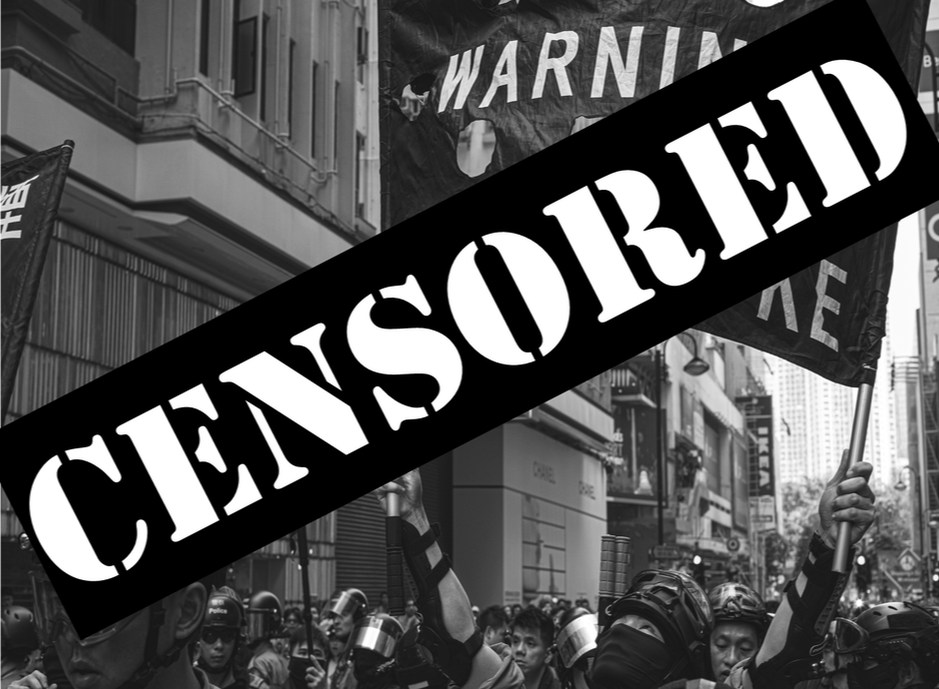The Roundtable
Welcome to the Roundtable, a forum for incisive commentary and analysis
on cases and developments in law and the legal system.
on cases and developments in law and the legal system.
|
By Lyndsey Reeve
Lyndsey Reeve is a sophomore in the College of Arts and Sciences at the University of Pennsylvania studying International Relations. Controlling the South China Sea is an imperative for actors in the Indo-Pacific. Hotly contested for decades due to its economic and geopolitical importance, the region is home to fierce displays of military might (so-called “gunboat diplomacy”). Under the surface, however, lies a complex, decades-old legal battle. To defend the rule of law, American policymakers must build stronger partnerships in the region and foster alternatives that promote economic growth without authoritarian control.
0 Comments
 By Lyndsey Reeve Lyndsey Reeve is a sophomore in the College of Arts and Sciences at the University of Pennsylvania studying International Relations. In June, the historic “one country, two systems” principle outlined in Hong Kong’s constitution--allowing the polity to retain economic, governmental, and legal independence from mainland China--was violated with a crushing national security law. The legislation allowed Beijing to set up its own national security agency in Hong Kong and granted China total legal jurisdiction in “complex” and “serious” national security cases. Additionally, the law imposed a public “national security education” in schools and media and aimed to quell protests with jail time [1]. Both closed-door trials and wire-tapping are permissible under the law, while internet providers may have to hand over private data, and a wide range of behaviors such as damaging public transport facilities can be considered terrorism [2]. Pushing back against the national security law, protestors took up “five demands,” among them amnesty for arrested protestors and universal suffrage. They also advocated for an independent inquiry into alleged police brutality, an end to the protests’ characterization as riots, and the legislation’s withdrawal [3]. Potential Universal Do-Not-Resuscitate Policy Is As Legally Unprecedented As It Is Horrifying4/7/2020 By Lyndsey Reeve Lyndsey Reeve is a freshman in the College of Arts and Sciences at the University of Pennsylvania studying International Relations. The COVID-19 pandemic is an undeniable threat to the public, especially medically vulnerable individuals including elderly patients, the immune compromised, and individuals with preexisting respiratory conditions such as asthma. This disaster has sparked a host of shadow crises, from the economic burden on local businesses and individuals unable to perform their jobs remotely due to educational closures and travel restrictions that cripple global interaction. This pandemic is more than a mere inconvenience—it is an international health emergency that will take, at a minimum, months to recover from.
By Lyndsey Reeve
Lyndsey Reeve is a freshman in the College of Arts and Sciences at the University of Pennsylvania studying International Relations. In March 2019, the FBI operation “Varsity Blues” uncovered 35 parents involved in what would become one of the most notorious and publicized college admissions scandals. Parents were accused of bribing sports coaches to grant their students special admission as athletic recruits on the pretense of falsified test scores. Actresses Laurie Lauchlin and Felicity Huffman were two of the accused, paying William Singer to help their children masquerade as athletic recruits and fabricate exam scores[1]. By Lyndsey Reeve Lyndsey Reeve is a freshman in the College of Arts and Sciences at the University of Pennsylvania studying International Relations. The so-called “staggering successes” of Al-Qaeda’s airborne terror tactics have prompted several terrorist organizations to find new ways to hijack in the air—from explosives hidden within shoes and carry-on bags to recruitment of airport employees. Ranging from bombing plots posted on internet forums to attempts to use of airport employees to hijack planes, these threats are as concerning as they are ongoing. While many of these attacks have failed, they demonstrate a terrorist “motivation and ability” to threaten aviation [1]. After 9/11, increased transportation security measures including tools such as x-rays, explosive detectors, and personal examinations have been implemented to protect passengers from such terrorist threats. Consequently, airport security faces scrutiny for violating the privacy of innocents, discriminating against minorities, and creating an intrusive inconvenience.
Private prisons are exploiting the criminal justice system to turn immense profits—and it’s happening right under our noses. By Lyndsey Reeve Lyndsey Reeve is a freshman in the College with a prospective major in International Relations. Prisons—unlike shorter-term jails—hold inmates for lengthy sentences received for serious offenses. While many prisons are public and thus government-operated, privatized incarceration can be a profit-generating machine: the more inmates, the more money a for-profit prison can raise. By capitalizing on the boom of the internment business, private enterprises such as Political Action Committees (PACs) can influence our modern political process. Because they are used to manipulate our criminal justice system for personal gain, these private prisons threaten our democracy.
|
Archives
May 2024
|
